Without taking centre stage, the Romanian health minister, Nicolae Banicioiu, is considered by the media in Bucharest one of the most active members of the government. Shortly after managing the introduction of mandatory health cards, as part of a process that had its ups and downs, Banicioiu managed to obtain a 25% pay rise for the healthcare staff, as of October the 1st. Some 200,000 people from the healthcare system benefit from these pay rises. In the system the average net salary currently stands at 1,500 lei, the equivalent of a little more than 300 Euros.
According to the National Statistics Institute, the 25% increase in salaries would bring an additional 375 lei, that is some 80 Euro per month, per person, on an average. The ministry, says Banicioiu, has secured all the necessary funds to grant the pay rises, and the measure will not impact the hospitals’ budgets at all, because the funds are covered by the savings that were made with the implementation of the health card scheme.
Nicolae Banicioiu: “As of October 1st, the healthcare staff benefit from this pay rise, the money has already been earmarked and talks have been held with the Finance Ministry and the health insurance houses to that end. The quota is calculated in accordance with the needs of each hospital, in order to cover the 25% pay rise. The additional sums of money are not paid from the hospitals’ budgets, so there is no impact on them. We are now referring only to the months of October, November and December. And yes, we do have the money to cover the pay-rises during these months, thanks to the savings we have made following the introduction of the health cards.“
Facing, for years, a dramatic lack of trained, qualified medical staff, the health ministry tries to put an end to the drain of doctors and nurses, who choose to leave Romania in search of better paid jobs abroad, from Austria to the United States.
According to a draft law, medical school students who receive grants all along the six college years might be obliged to stay and work in hospitals across Romania, after graduation. Minister Banicioiu has announced that the ministry he runs is also working on a draft meant to establish the statute of the medical staff, as a whole. A draft law, which is currently being publicly debated, stipulates that, although a state sector employee, a physician will no longer be considered a civil servant. Initiated by the Romanian College of Physicians, the draft law will eliminate misinterpretation and confusion over the rights and obligations of the branch.
Also at a legislative level, the relevant authorities are working on a series of amendments to the current law against smoking. The measure is necessary to protect non-smokers, first of all, says the president of the Romanian Pneumology Society, professor Florin Mihaltan, who also wants to prevent the spread of such a behaviour among children and adolescents. He justified the move, by saying children are the first to suffer from exposure to cigarette smoke. The legislative changes are being debated by the Health Committee with the Chamber of Deputies and are supported by the “Romania breathes” coalition, which is made up of some 200 professional and civic organisations.
